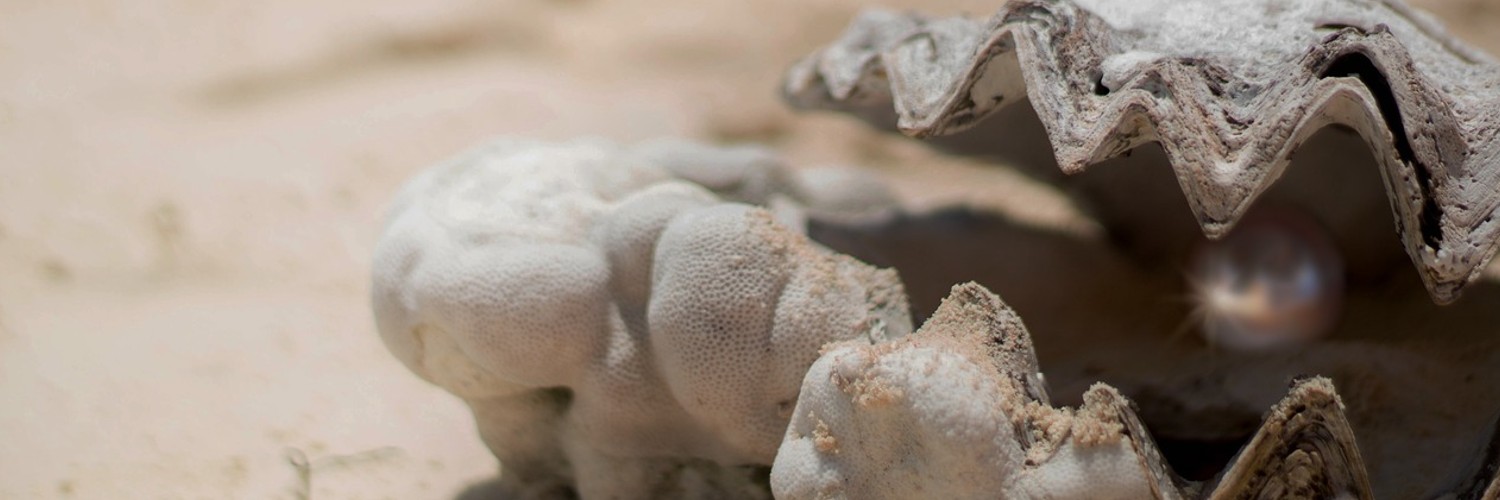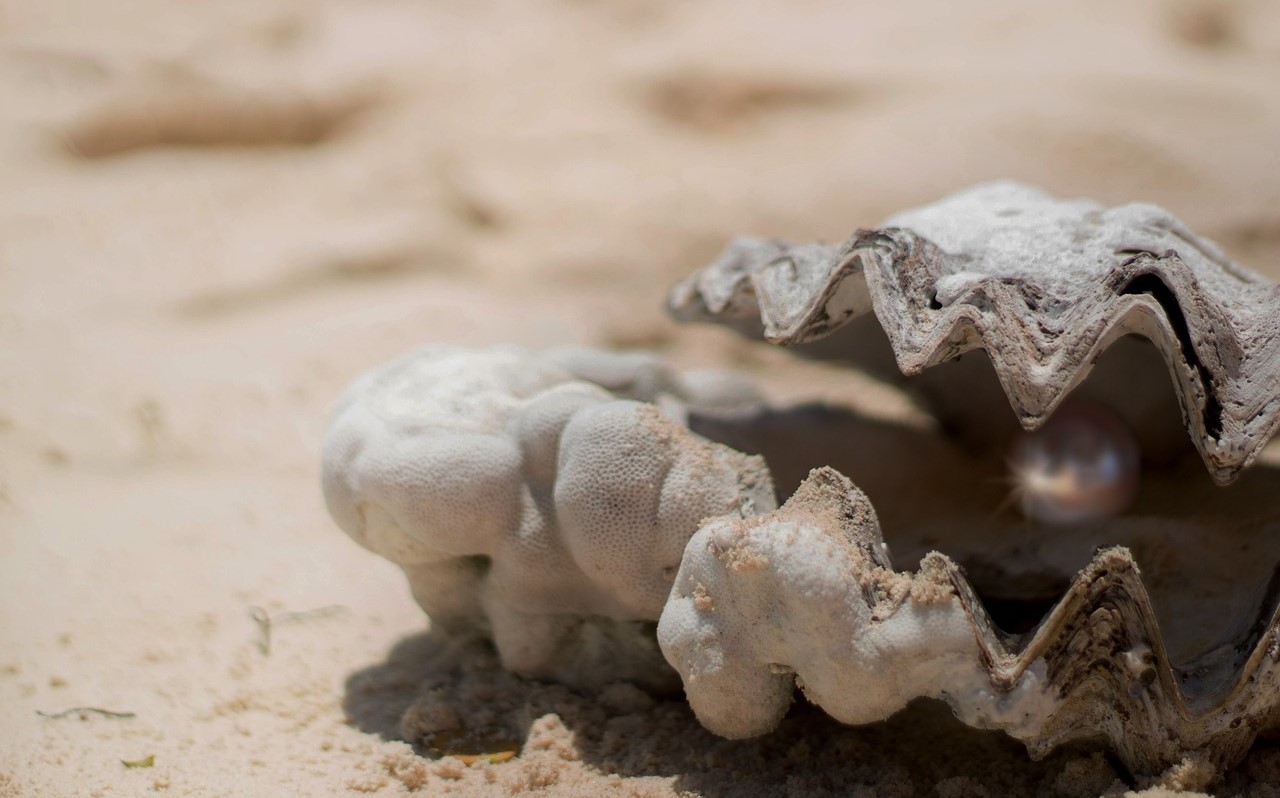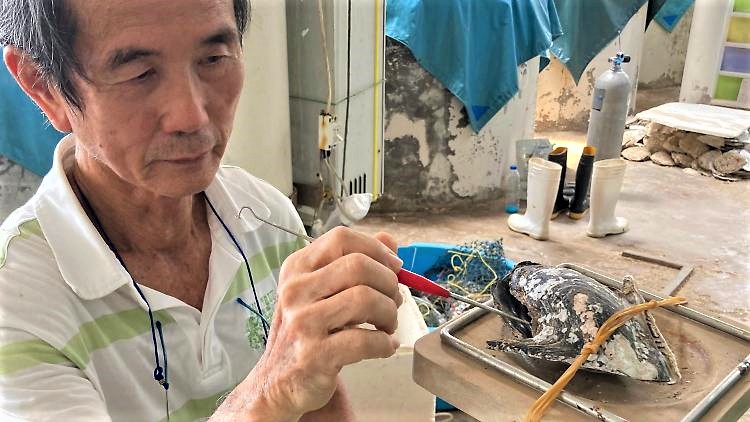

THAILAND
Pearl Growers & Vacation Goers
First things first! Thailand has announced that it will open its borders from 1st November 2021 for quarantine-free holidays for fully vaccinated travelers from at least 46 countries, including Germany, UK, USA, China and Singapore.
Vacationers just need to do one PCR test before they leave their home country and another when they arrive in Thailand. Afterwards guests are allowed to travel freely to all parts of the country. Find out more here.
Phuket continues to be one of the most popular destinations in Thailand, where visitors can also visit pearl farms. Pearls are probably the oldest pieces of jewelry on earth and grow in a living organism
Mr. Kriangsak Ung has been cultivating pearl mussels for half a century – and he doesn’t let Covid get him down either. His 10,000 or so mussels lie in long rows in the warm sea off Phuket doing their work infinitely slowly, producing high-quality pearls in all shades of white and cream to pink to silver and champagne.
Despite many setbacks, such as the tsunami of December 2004, Ung still loves his job. The 70-year-old breeds two types of pearl mussels: Pinctada Maxima – the largest of the six or so types of pearl mussels that are used for breeding. And the black wing mussel Pteria Penguin.
“A pearl emerges after about two years, and in the case of particularly large specimens, only after four years”, says Ung. He goes on to explain that the shellfish do not necessarily die with it: “A young mussel that is doing well can be used up to three times.”
Ung’s wife, Nuanpit, has been designing and making gems out of pearls for several years. Whether necklaces, pendants, bracelets or earrings – the 58-year-old designs everything that pearl aficionados desire. There is something for every purse – small ear studs are available from 500 Thai Baht. The thickest pearl in the shop, on the other hand, has a stately diameter of 16.2 millimetres and costs 120,000 Baht.
So, how are pearls formed?
When an irritant, such as a worm or a parasite, works its way into a particular species of oyster, mussel or clam, a defense mechanism is activated and the mollusk secretes a fluid to coat the irritant. Layer upon layer of this coating is deposited on the intruder until a lustrous pearl is formed.

Image source: dpa

